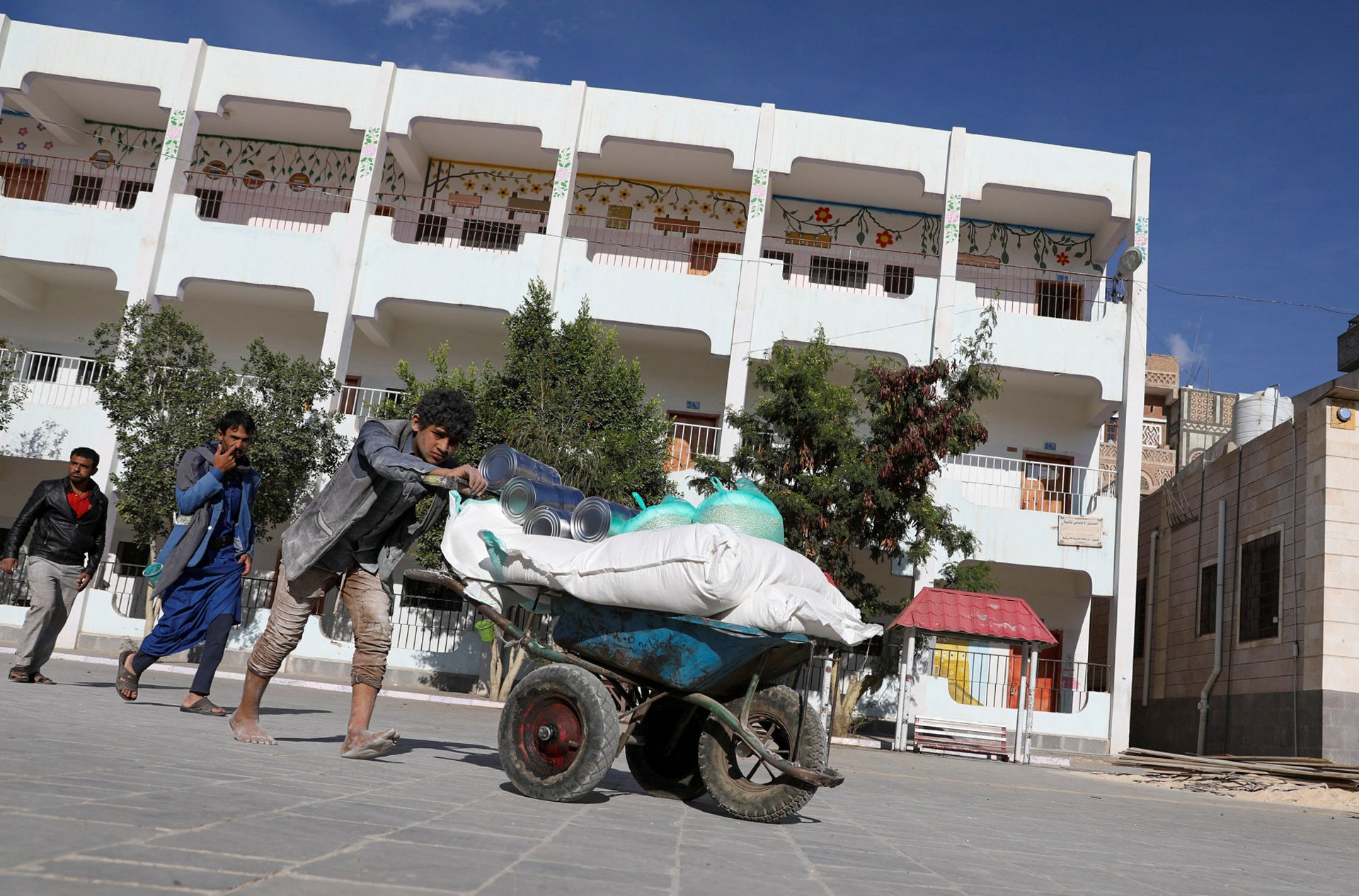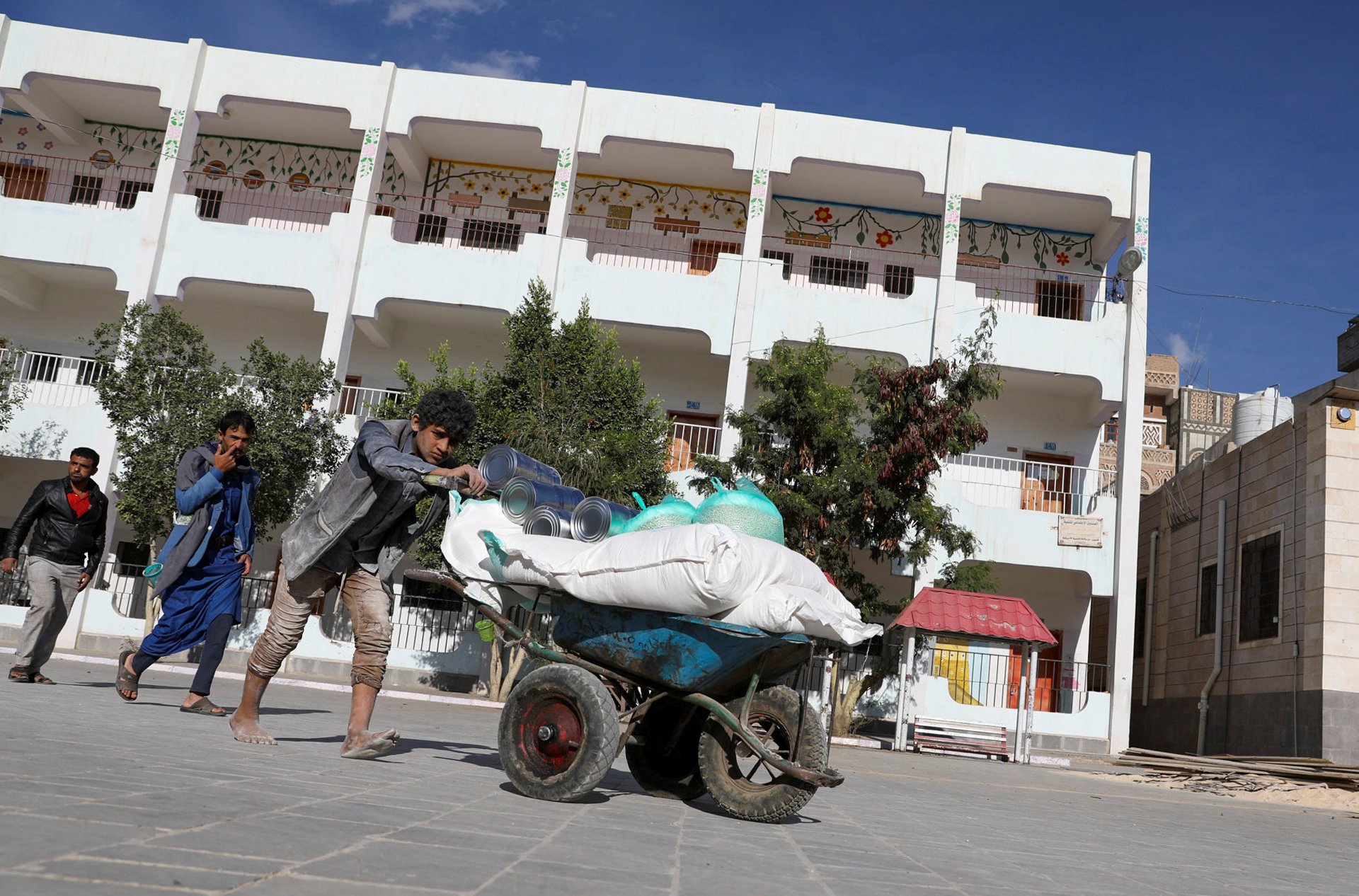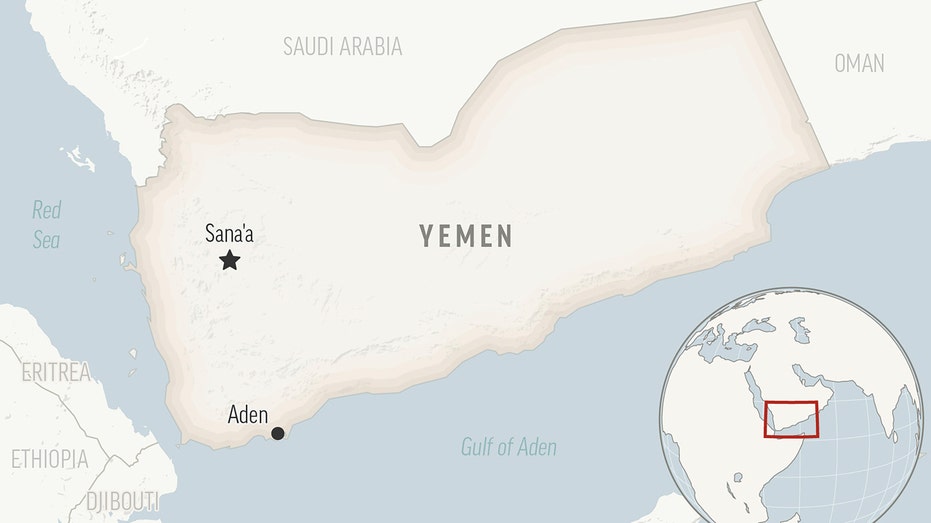
UN Halts Aid Operations in Yemen Following Houthi Detentions
The United Nations (UN) has announced a suspension of all humanitarian operations in Yemen’s Houthi-held areas, a decision that comes after the detention of eight additional UN staff members. This significant move poses a troubling setback for global efforts aimed at addressing one of the world’s direst humanitarian crises, exacerbated by years of conflict and instability.
Extraordinary Measures Amid Security Concerns
In a statement released on Monday, the UN characterized the suspension of humanitarian activities as “extraordinary,” primarily attributing it to the absence of necessary security guarantees to ensure the safety of its personnel. The UN’s inability to acquire meaningful assurances from the Houthi leadership further complicates efforts to deliver lifesaving aid to millions in desperate need across the country.
Efforts to reach a spokesman for the Houthis for comments regarding the situation were unsuccessful, which further underscores the opacity surrounding the rebel group’s recent actions.
Escalating Detentions and Impact on Humanitarian Work
In recent months, the Houthis have intensified their campaign against humanitarian workers, detaining dozens of UN employees as well as individuals affiliated with various aid groups and civil organizations, including staff linked to the former US Embassy in Sanaa, Yemen’s capital. To date, none of the detained UN staff have been released, despite mounting international calls for their freedom.
The UN’s suspension aims not only to allow time to negotiate the release of those unlawfully taken but also to establish critical conditions that would permit safe delivery of humanitarian assistance to Houthi-controlled regions. The eight UN personnel detained in late May included six individuals working in Saada, a province in northern Yemen that borders Saudi Arabia and has been significantly affected by the ongoing conflict.
Consequences for Humanitarian Aid in Saada
Seven UN agencies operate in Saada, deploying crucial programs to alleviate suffering among the region’s population. Major organizations, including the World Food Program (WFP), the World Health Organization (WHO), and UNICEF, rely on uninterrupted operations to provide essential services. However, these recent suspensions are compounded by an earlier UN decision to halt all travel to Houthi-controlled territories at the end of last month. This series of actions severely restricts the ability of humanitarian organizations to assist those most in need.
Yemen’s Dire Humanitarian Situation
The ongoing conflict in Yemen has led to a catastrophic humanitarian crisis, claiming the lives of over 150,000 individuals, encompassing both combatants and civilians. Since the Houthis, backed by Iran, seized control of Sanaa and much of northern Yemen in 2014, they have been engaged in a drawn-out war against Yemen’s internationally recognized government, which is supported by a Saudi-led coalition in its efforts to regain control.
The UN has estimated that this year, more than 19 million Yemenis will require urgent humanitarian assistance. This need arises from various factors, including pervasive malnutrition, rampant disease outbreaks like cholera, climate-induced shocks, and the crushing economic impact of continuous warfare.
Increased Crackdown and Political Maneuvering
The detentions of UN personnel reflect a broader trend of oppression within territories controlled by the Houthis, who have imprisoned thousands since the conflict’s inception. Recently, the Houthis have escalated their crackdown on opposition, sentencing 44 individuals to death in an alarming display of authoritarian control.
In a bid to soften tensions, the Houthis released 153 war detainees in January, following the ceasefire between Israel and Hamas in Gaza. These releases were perceived as tactical maneuvers, potentially pointing towards broader peace negotiations intended to put an end to the prolonged conflict that has ravaged Yemen.
Global Ramifications and The Path Forward
The UN’s decision to suspend humanitarian operations is not just a local issue; it resonates globally, drawing widespread concern from various nations and humanitarian organizations. The ramifications of this decision highlight a critical need for renewed international attention on Yemen, emphasizing the importance of ensuring the safety of humanitarian workers in conflict zones.
Restoring humanitarian operations in Yemen will require cooperation from all parties involved in the conflict, particularly the Houthis. This includes negotiating the safe release of detained personnel and ensuring that UN agencies can operate without fear of reprisals. The situation remains precarious, and as the humanitarian crisis deepens, the international community must strive for a viable and peaceful resolution to end the suffering of millions.


















